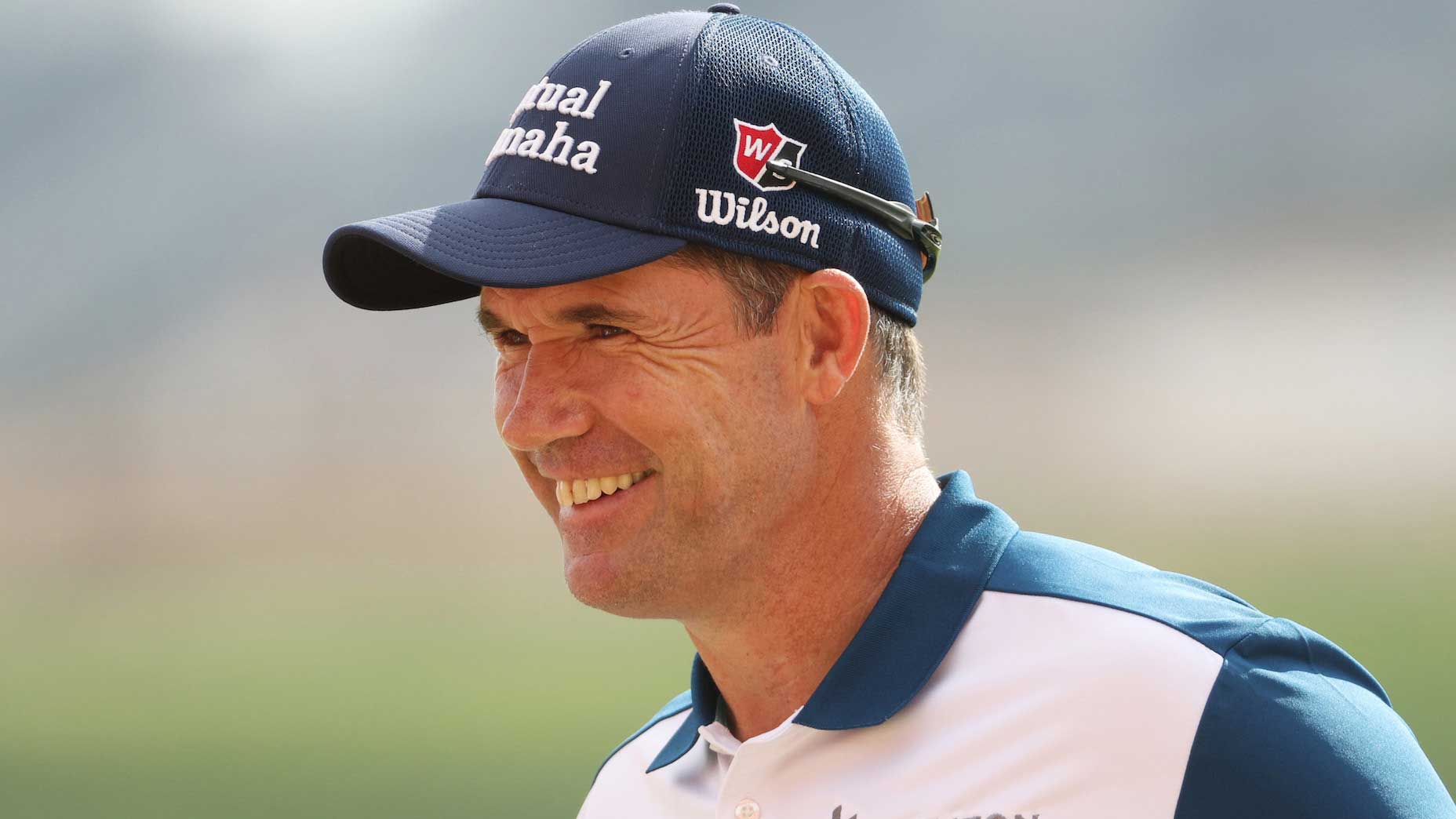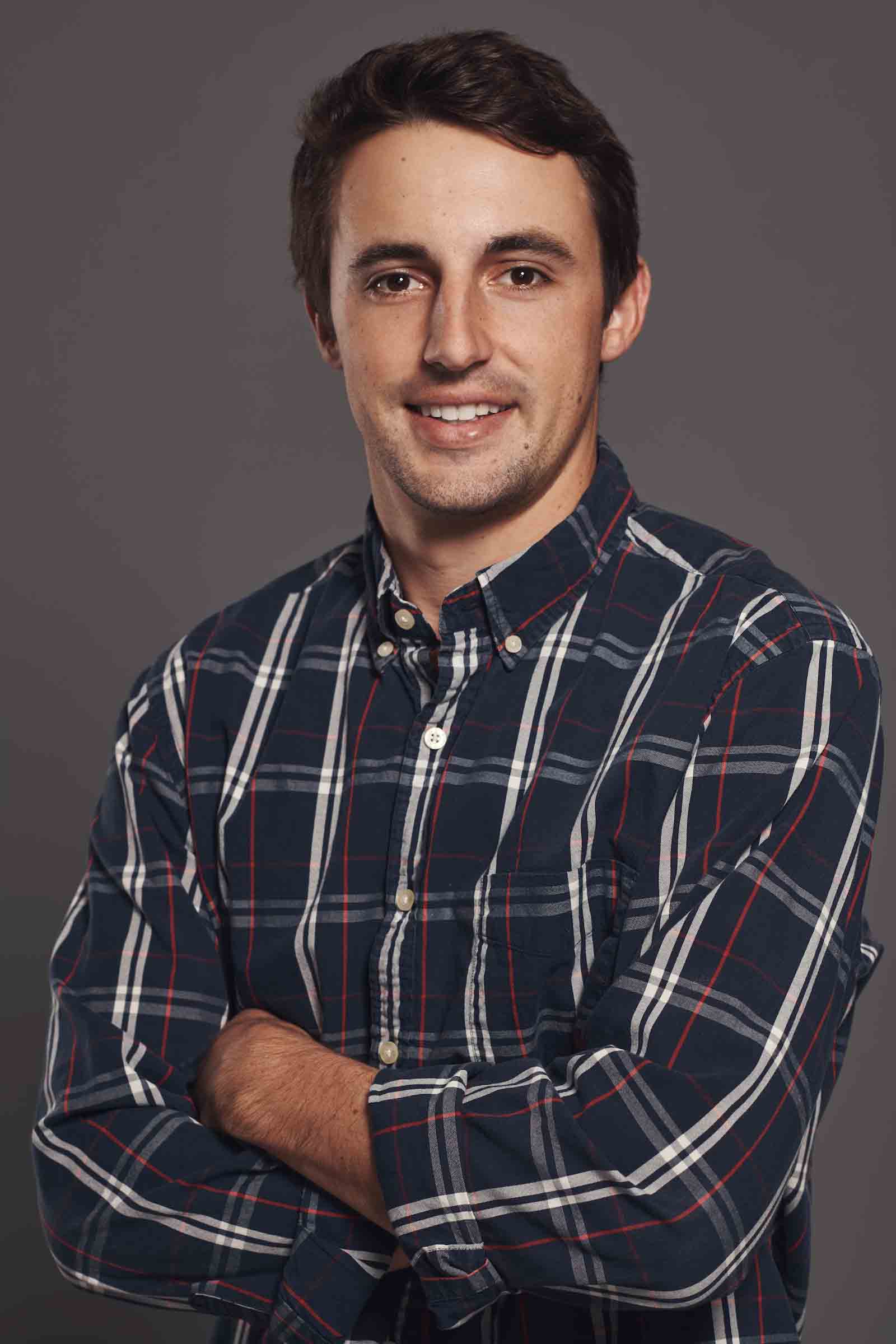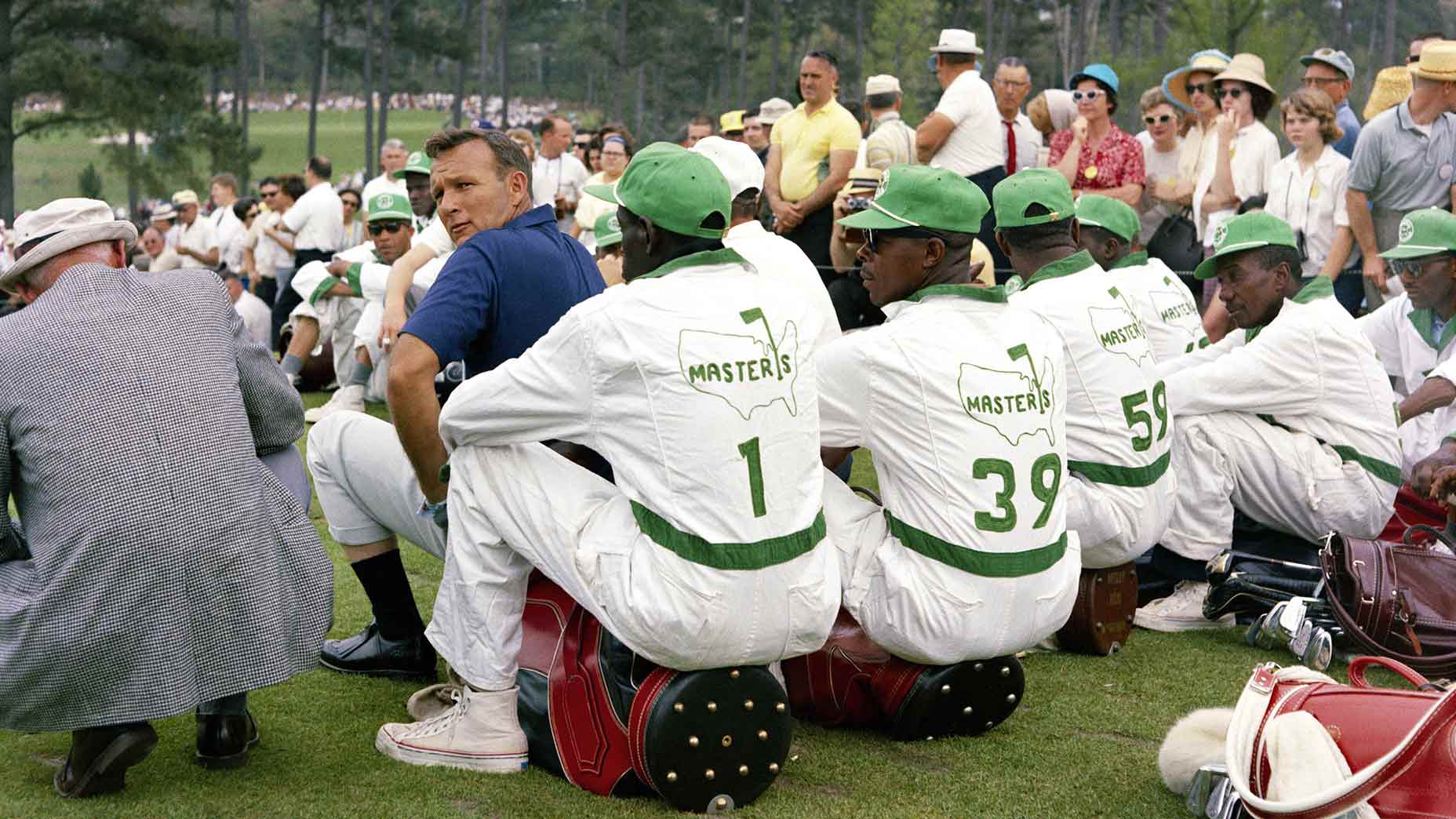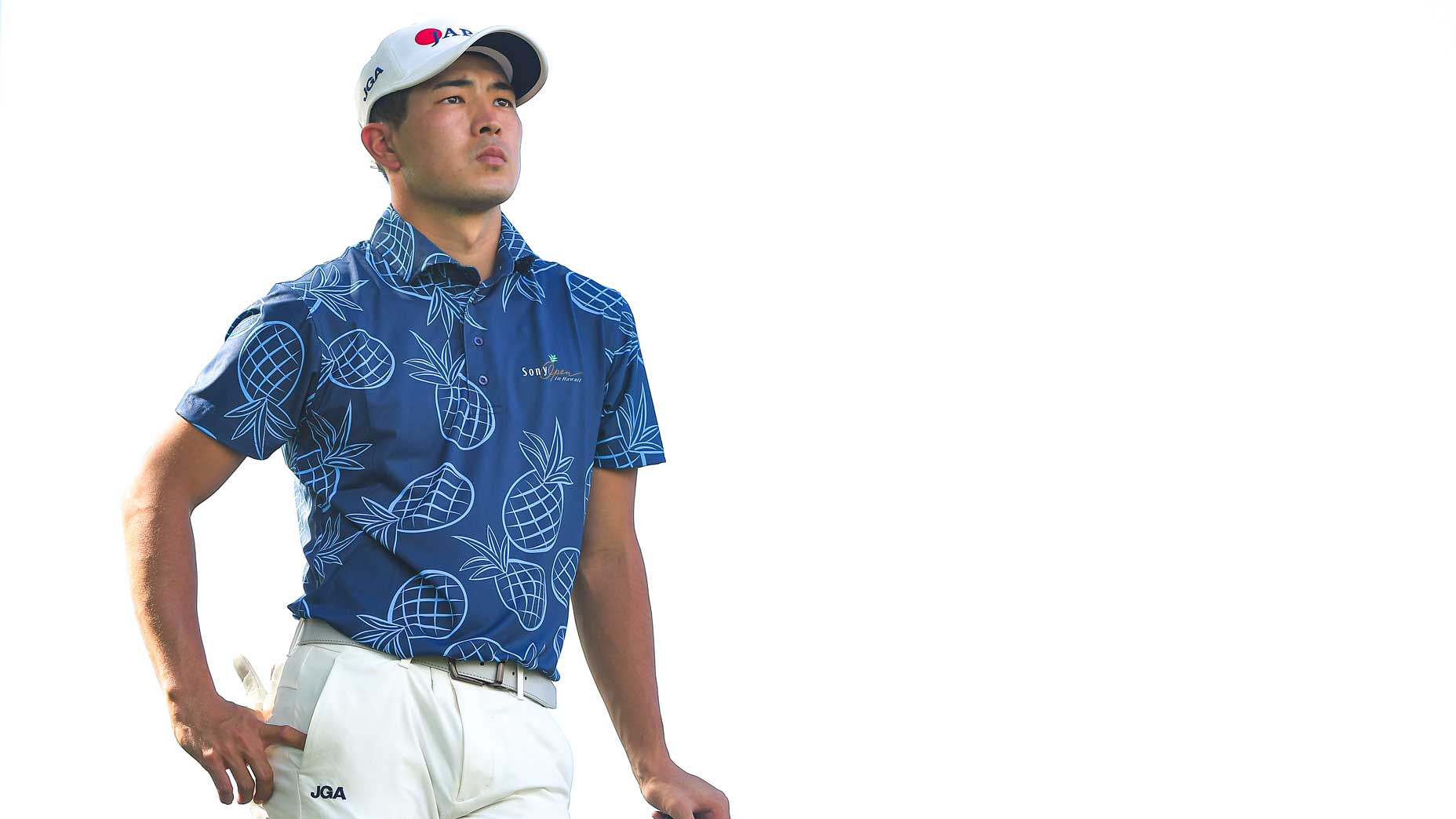
Keita Nakajima is the No. 1-ranked amateur in the world.
Getty Images
Keita Nakajima is the No. 1-ranked amateur in the world and the reigning Asia-Pacific Amateur champ. He caught up with GOLF Magazine’s Dylan Dethier from his home in Japan ahead of next week’s Masters debut.
Dylan Dethier: In the past few months you’ve dipped your toe into a couple of PGA Tour events. Now, you’re headed to Augusta. What are your expectations?
Keita Nakajima: This is a big year for me, and I want to spend all my energy on each tournament because each one of them is important. But, of course, the Masters is the stage that I have been dreaming of playing on, so I want to do my best.
DD: Have you gotten advice on how to play the course?
KN: I heard you need to hit a draw off the tee. But, talking to my golf coach, Gareth Jones, there are probably only five holes that require draw balls. So the rest of the holes I can stick to my stock shot: hitting a fade.
DD: Is there a particular shot at Augusta National that you’re excited to play?
KN: The tee shot on the 12th, the par 3. I know that hole is relatively short, but many players struggle with it, so I know it’s difficult. I also heard that there’s a god living in that hole, so I want to be chosen by the god.
DD: What did Hideki Matsuyama’s win at last year’s Masters mean to you?
KN: I was so excited and moved.
DD: Why were you moved?
KN: Because seeing someone making a dream come true — watching that is impressive. And because he was the first Japanese player to win the Masters, that moved a lot of people in Japan.
DD: What’s the best piece of golf advice you’ve ever received?
KN: As a kid, I was taught to enjoy golf. It is made for having fun. That’s the piece of advice I try to remember.
DD: You’ve now played in two PGA Tour events. What is the biggest difference in going from the amateur level to the top of the professional game?
KN: I know the size of the events are different. The PGA Tour, it’s massive. But what I have to do is the same. I have to play the game of golf, no matter what. But I have to spend more mental energy to compete at a higher level — that’s probably the biggest difference.
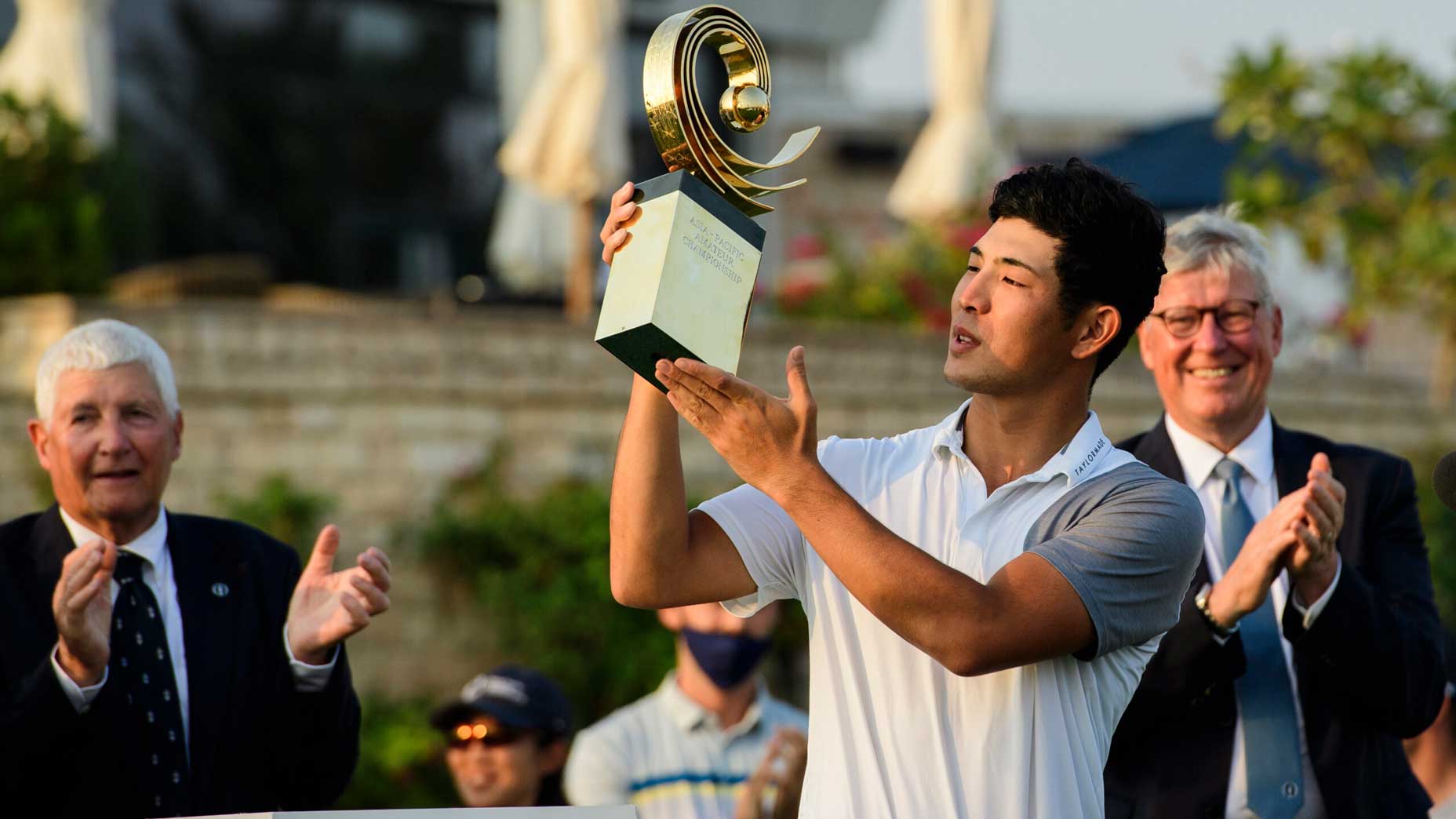
Keita Nakajima earned his Masters berth with a win at the Asia-Pacific Amateur.
Asia-Pacific Amateur
DD: What is the biggest challenge you’ve faced up to this point in your career?
KN: This isn’t a challenge, exactly, but my biggest aim is to try to get my best preparation in for the biggest tournaments. Last year at the Asian Am, I think I did my best preparation — and I won. That win probably helped me play well in big events going forward.
DD: You have chosen to answer some of these questions in English, without a translator. Why is that important to you?
KN: Because I want to try to speak good English on the PGA Tour. And I will try to keep getting better.
DD: What has that process been like?
KN: It’s certainly difficult to do, but I want to try because Coach Jones speaks English. He’s Aussie, actually. But I want to be able to communicate better with him.
DD: Many golf fans will meet you this year for the first time. What would you like them to know about you?
KN: I know my place now is trying to be as calm as I can on the golf course. But, actually, I want to be involved with the fans more. That’s also why I’m learning how to speak English. So, as I learn more, as I acquire more skills speaking English, I would like to continue to show other parts of myself.
DD: What are some of your favorite non-golf activities?
KN: I like other sports, too — baseball and volleyball.
DD: Do you play them?
KN: Yes, I play both.
DD: Does playing baseball — taking cuts at the plate — mess with your golf swing?
KN: No, my baseball swing is left-handed, so it’s different than my golf swing.
DD: Do you have a favorite baseball player?
KN: Do you know the Tokyo Giants? They have a pitcher, Tomoyuki Sugano. He’s my favorite.
DD: Do you prefer practicing on the driving range or playing on the course?
KN: I enjoy both. The way I divide it is this: When I do more block practice, more repetitions, I prefer to stay inside or on the driving range. But when I want to see the ballflight more, I’ll go out on the course and actually play.
DD: What is your very favorite thing about golf?
KN: Two things come to my mind. The first is that golf lets many people from different age ranges play together, so it brings many different people together. The second is the good feelings of golf: hitting a good shot, making a birdie, winning a tournament. That’s — how do I say? — un-erasable. It’s there forever.
DD: You’re appearing in the upcoming Netflix reality show about the PGA Tour. You’re also appearing in some of golf ’s biggest events. What do you think of that sort of attention?
KN: I’m just trying to take it all in as a positive experience. I trust the people around me, I trust the people in the media. I just want to keep trying new and different things.
DD: If you could play in a group with anyone on the PGA Tour, who’d it be?
KN: Of course, Collin Morikawa — he is my idol. And my countryman Hideki Matsuyama. And then my closest friend on the PGA Tour, Takumi Kanaya. I have always wanted to play with Takumi on the PGA Tour.
DD: Last thing: Is there a question that no one has ever asked you that you wish they would have?
KN: [Laughing] I don’t show my emotions on the golf course, but people haven’t asked me yet, ‘Where is your anger? Where do you put your upset emotions?’ They haven’t asked that.
DD: That tees me up perfectly. Keita, what do you do with your anger on the course? How do you stay so calm?
KN: When I can’t hold my anger, I borrow a towel from my caddie, and I shout into the towel. That’s how I continue looking so calm.
DD: Well, now we’ll know what you’re doing when we see you with a towel. Thanks, Keita.
KN: Thank you very much.


